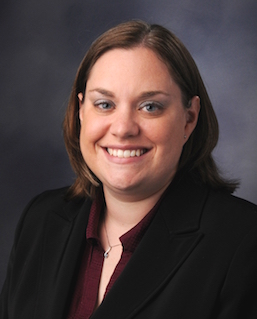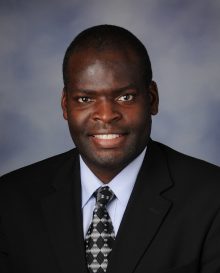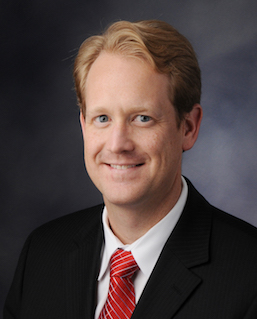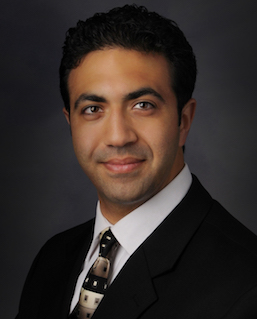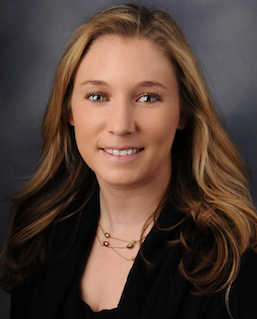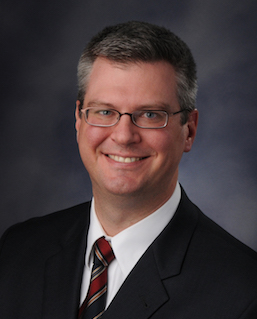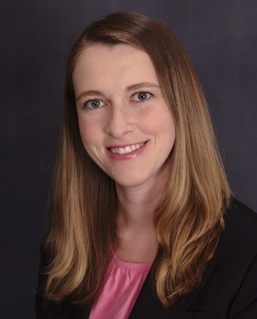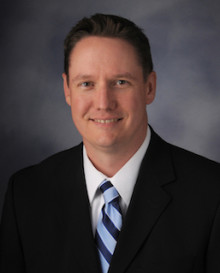About Upper Endoscopy / Colonoscopy Procedures
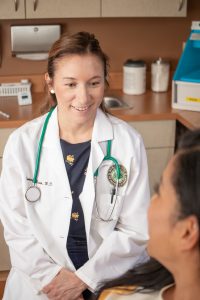 Upper endoscopy procedures are used to diagnose a variety of conditions in your esophagus, stomach and upper intestine. They also can be used to stop bleeding in your esophagus, remove a polyp or widen an area of your esophagus that has narrowed. You may also hear an endoscopy referred to as an esphago-gastro-duodenoscopy, or EGD. A colonoscopy is used to diagnose conditions in your lower intestine, or colon.
Upper endoscopy procedures are used to diagnose a variety of conditions in your esophagus, stomach and upper intestine. They also can be used to stop bleeding in your esophagus, remove a polyp or widen an area of your esophagus that has narrowed. You may also hear an endoscopy referred to as an esphago-gastro-duodenoscopy, or EGD. A colonoscopy is used to diagnose conditions in your lower intestine, or colon.
Preparing For Your Procedure
If you are having an upper endoscopy, colonoscopy or sigmoidoscopy, you will be asked to refrain from eating and drinking for several hours before your procedure. You also will need to arrange for someone to drive you home and to stay with you after the procedure, as you will be sedated during the endoscopy to keep you comfortable and sleepy. If you are having a colonoscopy, your physician may ask you to conduct a colon prep before the procedure. Read the colon preparation guide here.
Conditions diagnosed or treated by these procedures:
Upper Endoscopy
- Barrett’s esophagus
- Bile duct diseases
- Cancers of the pancreas, liver, and esophagus
- Celiac disease
- Gastric ulcer
- Heartburn and gastroesophageal reflux disease (GERD)
- Swallowing disorders
Lower Endoscopy (Colonoscopy)
- Abdominal pain
- Cancer of the colon or rectum
- Colon polyps
- Crohn’s disease
- Diarrhea and constipation
- Diverticulosis and diverticulitis
- Inflammatory bowel disease (IBD)
- Ulcerative colitis
Procedure Locations
We perform endoscopies at the following locations:
- North Memorial Medical Center
- Maple Grove Hospital
- North Memorial Ambulatory Surgery Center Maple Grove
- Minnetonka Ambulatory Surgery Center
- North Metro Surgery Center
- Buffalo Hospital
- CentraCare Health – Monticello
